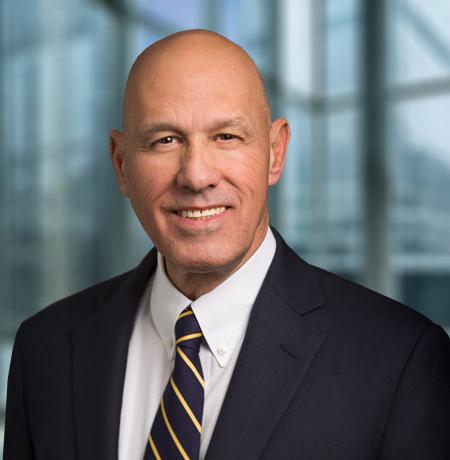I recently had dinner with my good friend and colleague, Dave Blom. For many years, Dave was the President and CEO of Ohio Health. During his tenure, Ohio Health was one of America’s most successful health systems by any measure. Dave Blom was known nationally as a calm, steady, and thoughtful hospital leader.
Dave and I were talking about the difficulties of leading and managing complex healthcare organizations in the post-Covid era. The hospital problems of finance, staffing, access, and inflation have been well itemized and documented. While the day-to-day operating problems are undeniably significant and persistent, Dave and I agreed that the hospital leadership issues that really matter right now center around the ability of hospital executives to possess and demonstrate an authentic emotional IQ to lead a diverse workforce in such difficult circumstances.
Such a realization is supported by the recognition that no matter how technically excellent they are, hospitals are just not like other organizations in other industries. Taking care of patients—in fact, taking care of communities—is not only managerially complicated but emotionally testing. Leadership gets much more complicated in the current environment.
Having moved the conversation to this point Dave and I then took on the definition of a workable and effective leadership emotional IQ. That emotional IQ is characterized by the following:
- Empathy. During Covid, when leadership was challenged at every level and at every American organization, the value of personal empathy moved to the forefront. Empathy is defined as “the ability to understand and share the feelings of another.” More directly, a hospital CEO needs to understand and share the feelings of his or her entire organization. Great hospital leaders understand the difference between sympathy and empathy. Sympathy is a passive emotion, an emotion that notes and cares about a problem but doesn’t necessarily act on that problem. Empathy is an active emotion. A leader with empathy not only notes the problem but immediately moves to be of help either at the personal or organizational level, whichever is required.
- Vulnerability. Vulnerability is defined as “the willingness to show emotion or to allow one’s weakness to be seen or known.” Historically, executive leadership—especially in corporate situations—has been trained and encouraged not to show emotion or weakness. But organizations are changing, and the composition of the hospital workforce is different. The patient care process is emotional in and of itself and the daily operational interaction demands a different kind of leadership—a leadership that is comfortable with both emotion and weakness.
- Humility. Executives who show humility “are willing to ask for help and don’t insist on everything done their way; they are quick to forgive and are known for their patience.” Humility also reflects changing organizational ecosystems. Humility is not generally indicative or compatible with the “military command” model of leadership. It is more supportive of a collaborative and cooperative leadership model, which has at its core a heavy dose of decentralization and delegation.
As our dinner was coming to a close, we took note of two other leadership observations. First, when you create a leadership team that fully embraces the principles of empathy, vulnerability, and humility, then that emotional IQ combination creates the highest order goal of organizational trust. All of this is exceptionally meaningful since organizational trust is more important than ever, given that it is in such short supply at all levels of American society. Dave Blom then advanced the discussion to one further point. When you gain the full value of empathy, vulnerability, and humility and you add to that the organizational trust you have established, all the principled prerequisites for establishing corporate and managerial integrity are in place. Empathy plus vulnerability plus humility equals organizational trust. And then empathy plus vulnerability plus humility plus trust equals organizational integrity.
The emotional IQ of leadership is not created by accident. It requires a hyper-aware organization at both the management and Board level. It requires governance and executive leaders who understand that hospital success cannot be achieved by technical and clinical excellence alone. That success must be built on a platform of an emotional IQ that is supported, valued, and shared by the entire hospital community.








